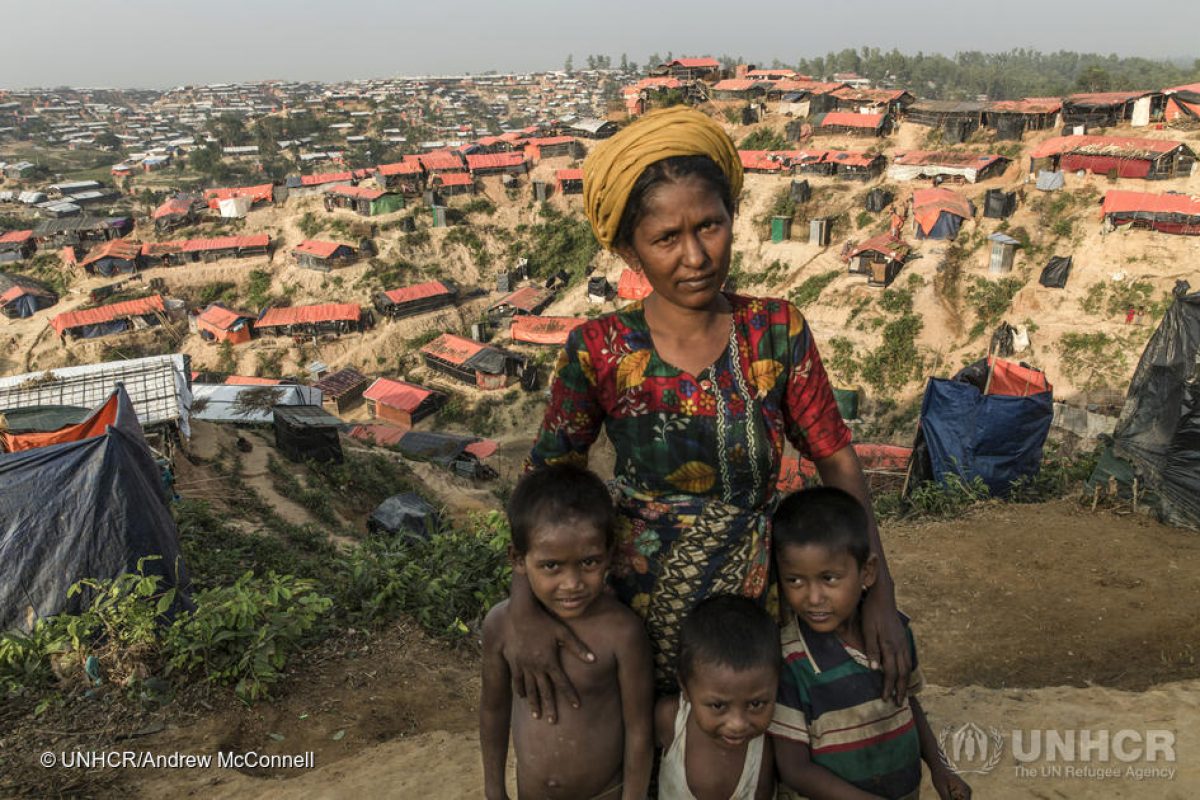ICMC President: Church’s Teachings Challenge Troubling Migration Policies and Practices

As countries of destination increasingly close their doors to migrants and refugees, ICMC President Dr. Anne T. Gallagher believes the Church’s teachings present challenges to migration policies and practices that fail to protect human rights and human dignity.
Dr. Gallagher shared this message in a 17 April keynote address to the St Thomas More Forum – a pastoral endeavor of the St Thomas More Parish in Canberra, Australia – which focused on migration this year. Launched in 2005, the Forum aims to promote thought, discussion and debate on the challenges of faith in the workplace, family and public life in the modern world.
Citing the current situation as a “period of great stress and uncertainty,” Dr. Gallagher noted that “migration has become the flashpoint in this rapidly changing political and social reality” in which “commitment to fundamental principles of human rights and justice that we thought set in stone has eroded across the board.”
Citing the example of Lampedusa, the tiny Italian island where around 400,000 migrants have landed over the past 20 years and at least 15,000 have died on the way, the ICMC President recalled Pope Francis’ visit there a few years ago. On that occasion, he spoke of a “globalization of indifference” and “prayed for the forgiveness of those ‘who are complacent and closed amid comforts which have deadened their hearts’.”
“There has been a sharp and recent increase in both the scale of movement and the suffering that migrants are compelled to endure,” Dr. Gallagher said. “And international migration is becoming increasingly expensive and hazardous. Countries that migrants most aspire to … are making entry – both legal and irregular – harder than ever. This forces migrants, including refugees who have a legal right to seek asylum, into the arms of those who are able to help them circumvent ever-increasing controls.”
“Migration is not going to go away,” she stressed. And reminded Forum participants that “The urge to move in an effort to better one’s life is an essential part of the human condition. And economics teaches us that our global economy would grind to a shuddering halt without migrant workers.”
What is the answer? “The Church’s teachings around family, around compassion and support for the most vulnerable, should guide us in challenging policies and actions that undermine these values,” Dr. Gallagher stated.
Even if “there is no perfect solution,” she encouraged the audience to “fix our eyes on a future that is achievable in our lifetime: a future where peace and justice, love and compassion, overcome our indifference, our fears and divisions. A future where we recognize each other as brothers and sisters, united in one human family.”
In this context, Dr. Gallagher affirmed the International Catholic Migration Commission’s “unique approach to advocating for the rights and dignity of the world’s migrants and refugees.” The organization’s mission “has never been more urgent than it is today,” she concluded.
- Read Dr. Anne Gallagher’s keynote address to the St Thomas More Forum